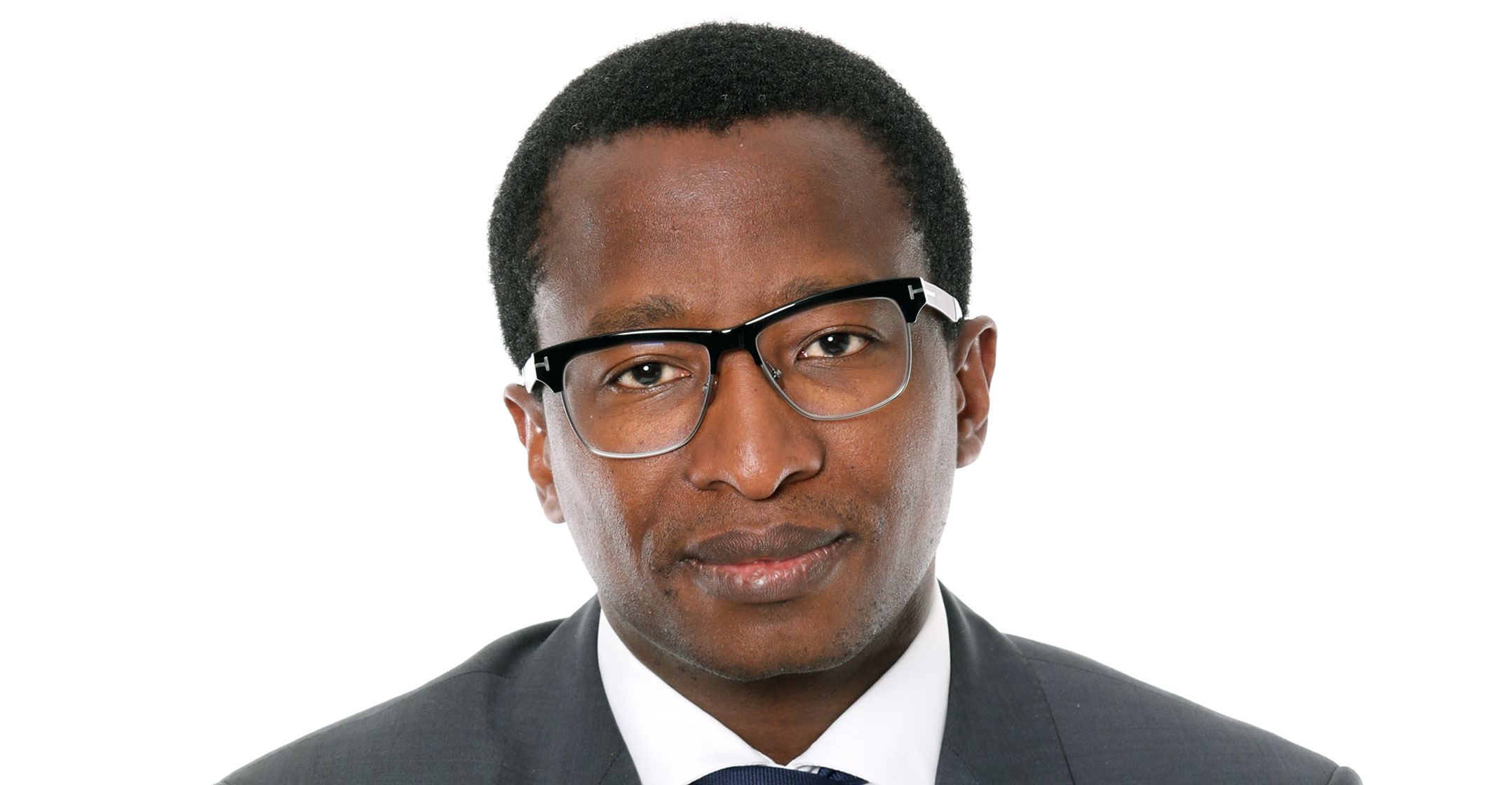 Telkom has again filed papers to try to stop the upcoming spectrum auction, a move that will likely see the company heavily criticised for delaying a process that is crucial for economic growth — and one championed by President Cyril Ramaphosa.
Telkom has again filed papers to try to stop the upcoming spectrum auction, a move that will likely see the company heavily criticised for delaying a process that is crucial for economic growth — and one championed by President Cyril Ramaphosa.
Telkom has filed fresh papers with the high court because it is still not happy with the way Icasa is managing the spectrum auction process, including the invitation to operators to apply to participate in the auction. It wants the court to interdict Icasa from proceeding with the auction, and for the court to then hear the merits of the matter on an urgent basis, its group executive for regulatory affairs and government regulations, Siyabonga Mahlangu, told TechCentral in a phone interview on Tuesday.
The move comes despite wide-ranging discussions between Icasa and the industry – including Telkom – to resolve the concerns with the initial invitation to apply (ITA) that led to a previous court application by Telkom. Many in the industry had been hopeful that the auction would proceed in March — according to Icasa’s timetable — but that is now in grave doubt.
Telkom’s latest move will almost certainly be met with disappointment by other telecommunications operators, including Vodacom and MTN, which are desperate to get access to additional spectrum to expand their broadband networks. In August last year, Vodacom Group CEO Shameel Joosub accused Telkom of intentionally delaying the release of spectrum to further its own commercial interests, a charge that Mahlangu has denied.
Mahlangu told TechCentral that Telkom is challenging the latest process on several grounds, including that spectrum in the 700MHz and 800MHz bands is still not available (and might not be available for some time); that Icasa failed to consider the competitive landscape in crafting the rules around the spectrum auction; and that Icasa’s decision to delay the licensing of the wholesale open-access network (an interlinked process) has created uncertainty. Telkom is also unhappy about the way Icasa plans to impose spectrum caps.
E.tv lawsuit
Mahlangu said all operators interested in participating in the auction “should have some concerns” about the way Icasa has managed the process. “For example, the ITA slaps you with coverage obligations, without there being a chance to discuss those coverage obligations with Icasa.”
With litigation by eMedia Holdings pending — the e.tv parent wants to stop the communications minister, Khumbudzo Ntshavheni, from switching off analogue television broadcasts in March — Mahlangu said he is concerned that the digital dividend bands currently used by broadcasters won’t be available by the end of March, as promised by government. The eMedia matter is set down for 14 and 15 March in the high court and, on Mahlangu’s reading, the company has a strong case.
Mahlangu accused Icasa of ignoring “material considerations about the dynamics of the market” and said the licensing process will determine the shape of the industry for the next 20 years and cannot, therefore, be materially faulty.
He is also concerned that Icasa has put off the licensing of the wholesale open-access network — the so-called Woan — to some future date, saying the licensing of spectrum for the Woan is material to the spectrum auction and the modelling operators need to do to determine what allocations they need to remain competitive.

Mahlangu said he is confident, if other parties to the latest round of litigation agree to a speedy review, that the matter can be resolved quickly and that the auction could still proceed by March or soon thereafter. Given the vested interests at play, however, that does seem unlikely.
Telkom is, meanwhile, likely to face strong criticism for its latest legal manoeuvre.
Writing for TechCentral last month, Christoff Klein, MD of specialist consulting firm dotadvisors, accused Telkom of always trying to “achieve through regulatory lobbying what it cannot achieve by means of competing in the market”.
Klein described Telkom as a “remnant of the past whose moderate success has been a function of having received not only more abundant spectrum, but spectrum in frequency bands that MTN and Vodacom were denied. If Telkom were as effective in the market as it is in its political lobbying efforts, it would not have to lobby.” — © 2022 NewsCentral Media




